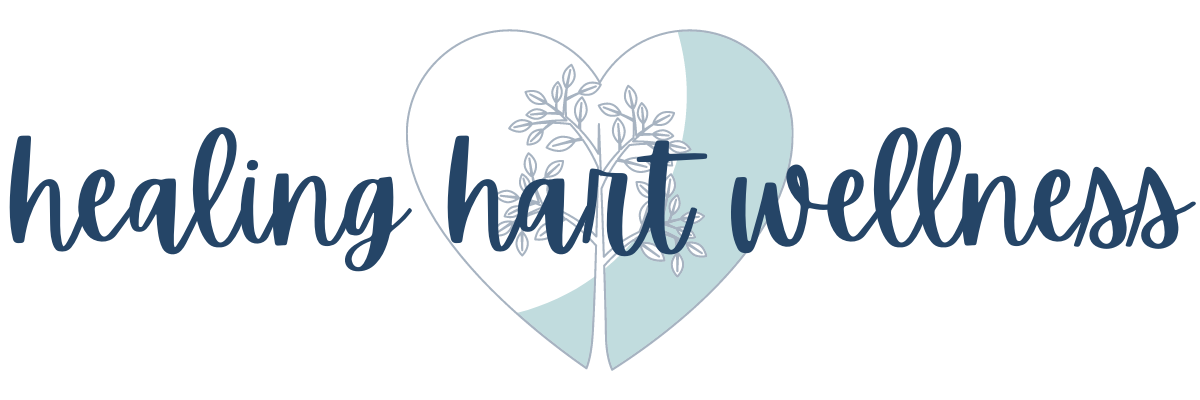Navigating Unmasking
Do you remember how uncomfortable and different it felt to start to wear masks in 2020? I remember talking with parents about anxiety about how their child would react to wearing a mask all day; we navigated anxiety, sensory issues, differences of opinions on masking, and more. The alternative to navigating the discomfort and confusion was a risk to safety, right? So seemingly, what choice did we have? As mask mandates get lifted and school districts make it an option to wear a mask to school or not, I encourage parents and caregivers to remember this discomfort. Remember the last two years, and be patient with your children, yourself, and your community members as we navigate yet another change. It may not feel like there is so much pressure to figure it all out right now, but your children likely need your support and guidance through this process. So, how can you support your children and teens as they navigate unmasking?
1. Remember normal is a relative term. I often hear people talk about a return to normalcy. What does that even mean? As an adult, there are times where I barely remember a time “before” COVID. We have been inundated with news about COVID and have had consistent change and inconsistency over the last two years because of the pandemic. When you think about or talk about the ‘old days’ or ‘normal times,’ remember that your frame of reference is WAY different than your child’s take on this situation. It’s easy to forget this, but forgetting this is a disservice to our youth.
For me, I think of the pandemic for our young people as how 9-11 was for me. In a variety of ways 9-11 rocked my sense of safety and the world. Pre 9-11, I remember my mom walking me ALL THE WAY to an airplane when I flew alone. Pre 9-11, I remember getting a cabin tour with my family where I met the pilot. Now, every time I fly, as I wear flip flops to the airport (yes, I put my bare feet on the airport floor) regardless of the season, I remember the impacts of 9-11. But, for the children and teens I work with, living in a world where airport security is really intense is just their way of life. Their frame of reference doesn’t include a time before 9-11. The way the airports are now is just their normal.
For our young people, “COVID times'' are their normal. Masking is what they are used to. Social distancing is what they have grown accustomed to. If you have a four year old, COVID times are half their life. A six year old, a third. A ten year old, a fifth. Think of a pie chart. Even a fifth is a pretty big chunk. As you celebrate or denounce unmasking, remember that this change is likely going to impact your child’s sense of normalcy in a way different way than it affects yours. Their frame of reference includes a HUGE chunk of time where they have been told to wear a mask to prevent getting sick and to keep distance from others.
2. Give space for feelings and reactions; remember that change is really hard. Rapid change that has a lot of noise and chatter surrounding it can be especially difficult. Whether you see unmasking as a long time coming or you were hopeful mask mandates would stay in place for the school year, you are safe to bet that your child is probably experiencing a lot of feelings about (yet another) transition. Let them!
Give them space to feel what they are feeling and to share with you about what they are thinking. Validate their feelings and ask open ended questions to get them talking. Remember not to shy away from silent moments to give them space to process. Try not to minimize or amp up their feelings. You don’t have to give your opinion of the mask mandate lifting or your opinion about the way that they feel; it’s fine to not do either. Also, remember you don’t have to take away their feelings. Let them feel what they feel and be there as a support and sounding board for them.
3. Help them manage any stress or anxiety that they have. For two years, we have consistently heard about the dangers of COVID. At the time of writing this, nearly 950,000 people in the United States have died from COVID. Likely, your child knows someone (or knows someone who knows someone) who was really sick and/or died from COVID. They have been told for two years to mask up, amongst other things, and they have watched the adults in their life be anxious and confused (or angry and upset) about what to do and how to handle these stressful times. No adult has had the “right” answer and there has been constant debate. Why should they believe us as adults that now this time it’s safe to take off their masks? They have a right and a reason to be anxious, confused, and overwhelmed. So, what can we as adults do to help them?
Gather information that can help your family make an informed decision and make a clear plan of when your child should be masked and/or can unmask. Include your child in these decisions and planning. If you’d like your child to unmask but they seem too anxious right now, break down unmasking into smaller, more manageable steps and try to practice things on the weekend or around smaller groups of people that can help them handle the change. If you don’t want your child to unmask and you’re worried about how others at school will react, talk with your child about possible challenges that could come up during school and how to handle them. Identify a supportive adult for them to talk with at school. Work with the school to provide alternate solutions and plans for times of high stress for your child.
Problem-solve with your child. Ask them what they think could be a challenge and what they could do about those challenges? Ask them what are they going to say and do if someone calls them out for whichever decision they make? Play out different challenges and solutions with your child.
Remember from our recent Instagram series, information gathering with your child and answering information based questions are not the same as giving reassurance and answering reassurance based questions. Likely, your child will want some reassurance during this transition. Not all reassurance is bad, but be mindful of the amount of reassurance and type of reassurance that you are giving your child. For an anxious child, the reassurance of you telling them not to worry and they won’t get sick may worsen the anxiety they have at school. Refrain from this. Validate and give supportive encouragement to them. Try something like: It’s okay to feel worried about some of your friends being unmasked at school. Things have been really confusing, and we’ve gotten through tough times before.
If you’re finding that you or your child is struggling a lot with the changes related to unmasking, reach out to your own support network. Ask your friends how they are handling things, call a family member for support, and/or talk to your own therapist about these things. Remember that unmasking doesn’t have to be an all or nothing thing, and that there isn’t one “right” way to navigate these times.
Healing Hart Wellness, LLC, specializes in working with young people with big feelings. We provide engaging, collaborative support for children, teens, and their caregivers struggling with anxiety including OCD, challenges related to ADHD, and big transitions like divorce, moving, or graduation. If you’re interested in more support, check out our upcoming Groups or schedule a complimentary consultation call.



